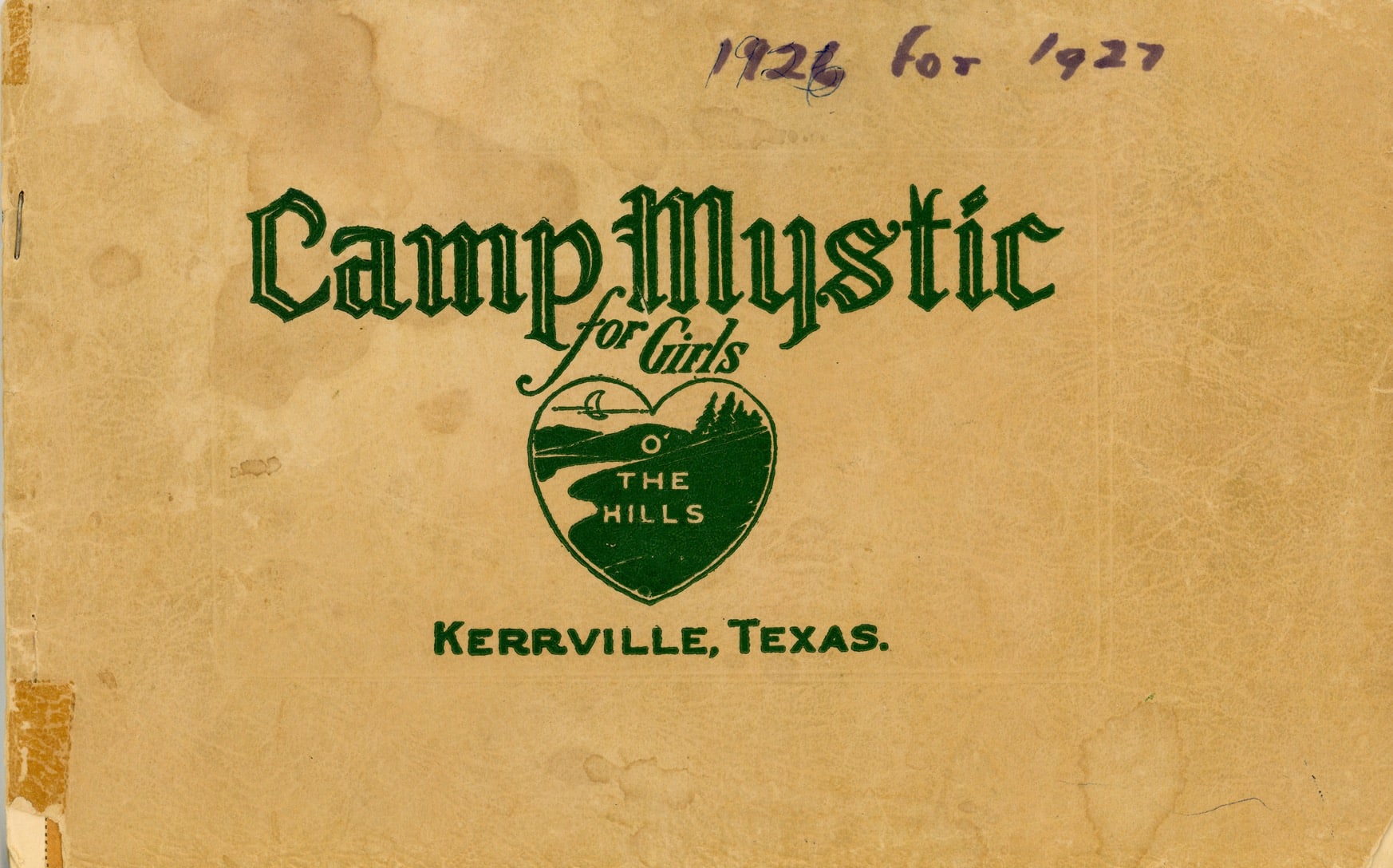 Bioethics
Bioethics
 Evolution
Evolution
 Faith & Science
Faith & Science
The Challenge to Darwinism from Camp Mystic

One of the most tragic events I can remember happened this July 4th — a flash flood in Texas killed nearly 200 people (as of the count today), 27 of whom were children and staff at Camp Mystic, a Christian summer camp for girls. P.Z. Myers, who blogs at Pharyngula, tried to turn it into a political statement. Here is a quote from his post, avoiding the politics:
At least 28 children, innocently enjoying a weekend with other kids, many in Christian-run church camps, drowned in these floods…Many of those kids were attending Camp Mystic, a Christian all-girls’ summer camp. That one camp lost 27 campers and counsellors. I can’t imagine sending a child to a fun-filled summer camp only to get word later that their body had been fished up out of roiling flood waters, that they’d died in fear and pain… Parents, you can come pick up your kids’ camping gear. They won’t need it anymore.
I share Myers’s horror. I found the news reports difficult to watch and can’t even begin to imagine the agony of the families who lost their little daughters. Across our country and around the world, people are mourning for these kids and their grieving families. Undoubtedly it has led many people to ask “Why would God allow this to happen?” — at a Christian children’s camp no less.
Why Is Evil Allowed to Happen?
Theodicy — the philosophical attempt to reconcile the existence of God with the expistence of widespread evil — is a deep matter. Some of God’s ways are inscrutable to man.
Theodicy is not the effort to defend God’s existence, but to ponder the reasons why, given the fact of His existence, He permits evil. In fact, the existence of evil is powerful evidence for God’s existence, because the objective moral law by which we know good and evil is not man’s subjective opinion but an objective fact of creation.
The death of innocent children is objectively evil, and this points to an objective standard of good and evil — to a Moral Law — and thus to a Moral Law Giver. If God did not exist, there would be no good or evil. There would merely be things each of us likes or dislikes, like flavors of ice cream. The senseless death of children is objectively tragic, not subjectively distasteful. The standard of good and evil transcends our personal tastes.
Theologian David Bentley Hart wrote a profound book about theodicy titled The Doors of the Sea (2011). In it, he reflected on the Boxing Day tsunami of 2004 that killed a quarter of a million people. He compares Russian novelist Fyodor Dostoyevsky’s fictional character Ivan Karamazov, who cannot accept God because he cannot reconcile innocent suffering, with the French philosopher Voltaire.
Voltaire (1694‒1778) was a deist (not an atheist) and in his poem about the Lisbon earthquake (1755), he excoriated German philosopher Gottfried Leibnitz’s theodicy that natural disasters occurred because the divinely ordained laws of nature, although cruel at times, gave us the “best of all possible worlds.” I don’t think that Voltaire did Leibnitz (1646‒1716) justice — Leibniz’s metaphysics was more defensible and profound than Voltaire understood — but Hart contrasts Voltaire’s rationalist critique with Ivan’s anguish in the face of innocent suffering.
He writes:
Ivan’s indignation and anguish have a profundity that Voltaire’s cannot. Voltaire’s poem, again, is no great challenge to Christian faith, because it inveighs against the ethical deist’s God of cosmic balance (and where have his temples been erected?). But Ivan’s rebellion is something altogether different. Voltaire sees only the terrible truth that the history of suffering and death is not morally intelligible. Dostoyevsky sees — and this bespeaks both his moral genius and his irreducibly Christian view of reality — that it would be far more terrible if it were.
Hart concludes that God’s purposes in permitting natural evil cannot be known by us in this life and should not be explained away with glib theodicy. There is no easy explanation for the agony of innocent suffering, and we must not seek one. God is good — He is Goodness Himself — and we must trust Him, even in perplexity and darkness.
A Bigger Problem for the Atheist
Lest our atheist friends see this agonizing theodicy as proof that God doesn’t exist, I point out that the problem of innocent suffering is much deeper for the atheist than for the Christian.
First, there is the problem that objective good and evil is a reality that atheism can’t account for. The death of innocent children is objectively evil, not subjectively distasteful, and an objective standard of good and evil presupposes a Mind that transcends mere human opinion. The horror of the little girls’ deaths at Camp Mystic is something we discover, not something we invent.
Taking Darwinism Seriously
On another level, our collective experience of this tragedy strikes a lethal blow to Darwinism, which is atheism’s creation myth. P.Z. Myers is right to mourn the loss of innocent children, but he seems not to notice his own atheist cognitive dissonance.
A biology professor who evolved by natural selection should, at least privately (it would be unwise to publicly provoke competitors), be pleased that his own children and grandchildren will have less to contend with in the great struggle to pass on genes via reproduction. His — and everyone else’s — genes lost a bevy of competitors on July 4th. Natural selection is, according to Meyers, what makes him the man that he is, so why not celebrate, at least quietly, a small but decisive advantage?
If you ever suffer the temptation to take Darwinism seriously, just ask yourself: why do we mourn the death of other people’s children? Why do people risk their lives to save unrelated strangers? Why do we care what happens to suffering people in distant lands who don’t carry our selfish genes? Darwinian fairy tales about kin selection, reciprocal altruism, or group selection don’t account for the universal grieving for the loss of these innocents. Nor do they account for unfathomable courage of first responders and counselors and camp staff who sacrificed their lives to save the children at Camp Mystic and the hundreds of others swept away in the torrent.
Whatever little contribution the theory of natural selection makes to our understanding of bacteria, it tells us nothing of man.
Cross-posted at Mind Matters News.


